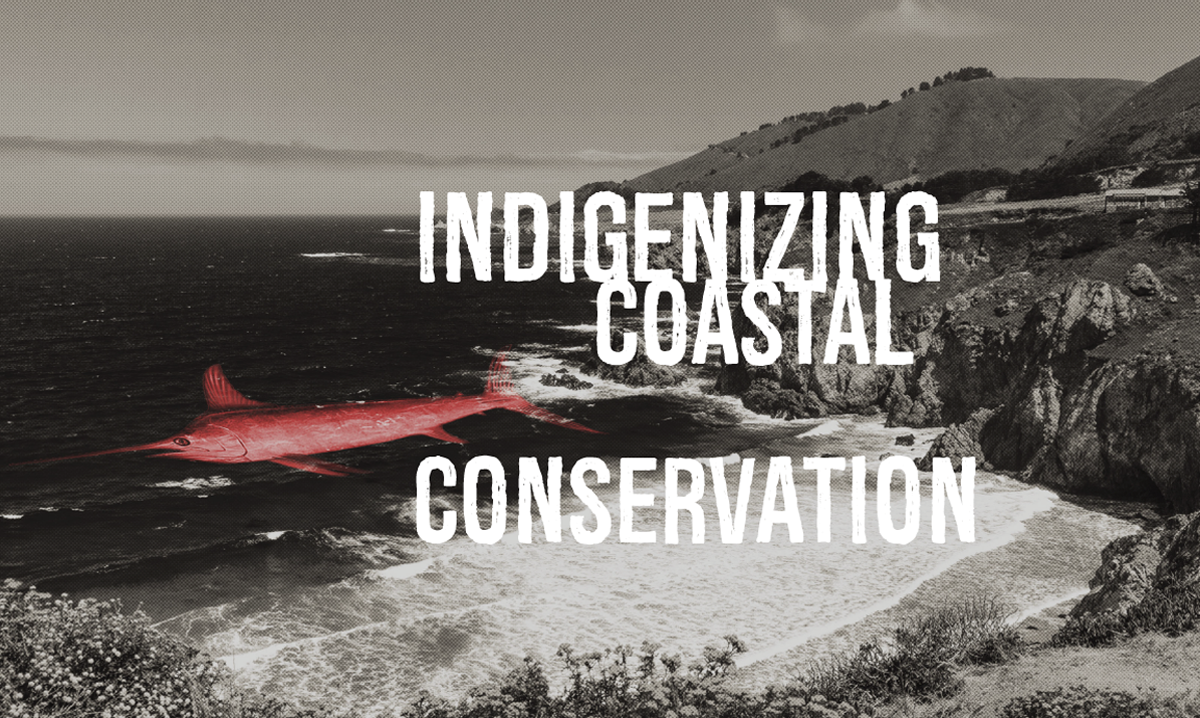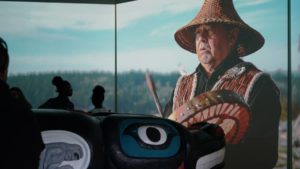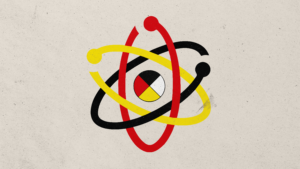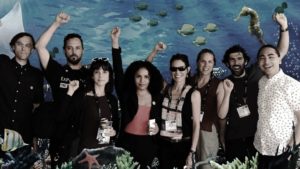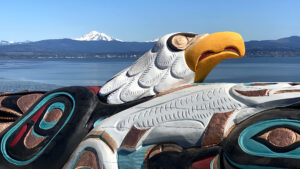How can conservation organizations develop robust collaborations with Indigenous Nations without reproducing colonial power dynamics their institutions were founded on? And what does it mean to place Indigenous knowledge and tribal sovereignty at the heart of conservation?
These questions were at the heart of “Indigenizing Coastal Conservation,” the second virtual event in our “Natural History for a World in Crisis” programming series, organized by the 2023-25 Red Natural History Fellows.
Check out the video documentation and Zoom chat transcripts below, as well as a new video interview with Dina Gilio-Whitaker, who organized the event and facilitated the discussion.
More than 700 people signed up to join us for the roundtable, which delved into the challenges of decolonizing and Indigenizing the conservation movement, featuring Indigenous educator, author, and environmental justice organizer Dina Gilio-Whitaker (Colville Confederated Tribes) in conversation with Leah Mata-Fragua (yak titʸu titʸu yak tiłhini Chumash), Calla Allison, and Gus Gates.
With a focus on the context of the California coast, where many non-federally recognized tribes are denied funding, resources, and access to their traditional lands, and where numerous land claims remain unresolved, “Indigenizing Coastal Conservation” unpacked the stakes for a struggle within the conservation arena that will have lasting consequences for generations to come.
Indigenizing Environmental Justice: New Video with Dina Gilio-Whitaker
As one of our Red Natural History Fellows, Dina Gilio-Whitaker sat down with The Natural History Museum for an interview on the themes animating the recent webinar. Check out the video to find out why Native rights and Indigenous knowledge benefit everybody, and how Native values of relationality, reciprocity, respect respect and responsibility are key to the survivability the ecosystems we inhabit.

